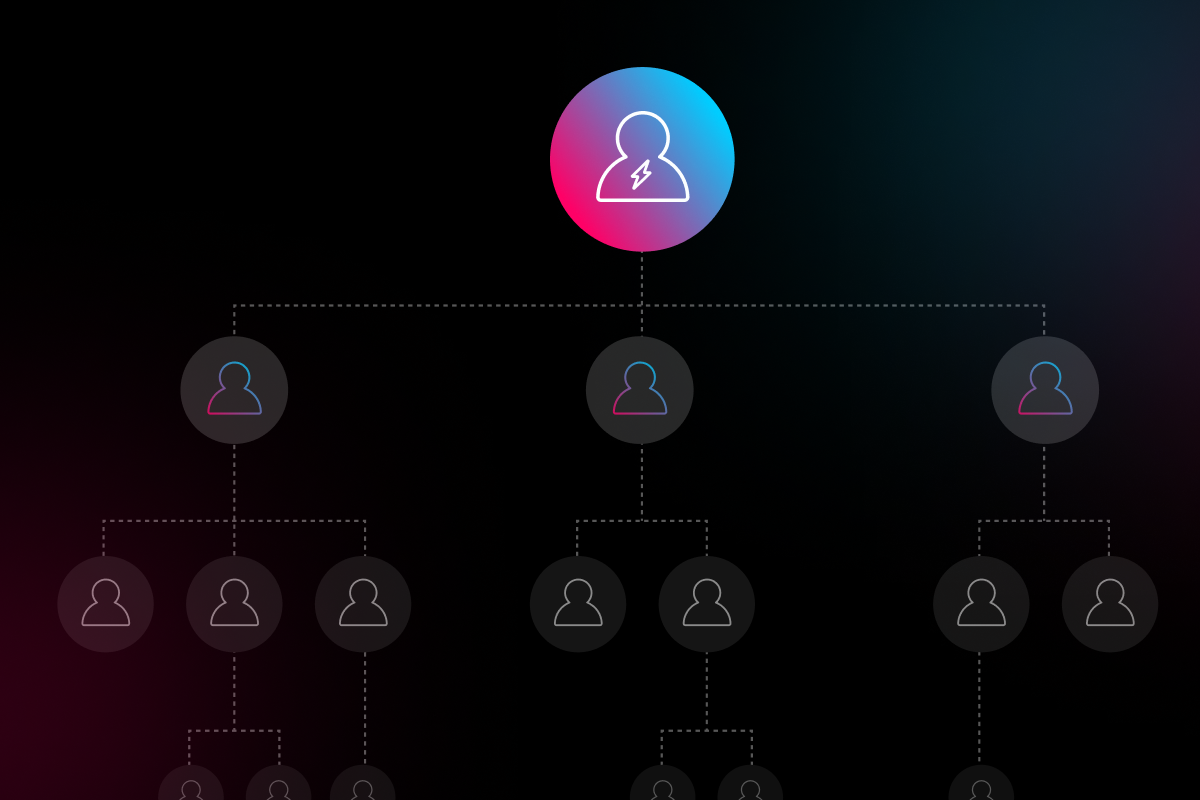
With over 4.03 billion users across the globe, email is one of the most popular communication methods, more so for companies. It continues to grow and projections suggest that this number will rise to 4.48 billion users by 2024.
Although it offers a wide reach, it also comes with significant risks, especially for companies and government institutions. This is due to increasing cyber threats such as phishing, spam, ransomware, Business Email Compromise (BEC), trojans, and malware.
When it comes to securing your organization from malicious emails, a Secure Email Gateway (SEG) is an ideal solution. Read on to learn what an SEG is, how it works, and how it can enhance your cybersecurity.
What Is a Secure Email Gateway (or SEG)?
A Secure Email Gateway (SEG) is an email server that acts as a filter for all your users’ incoming and outgoing messages. In the same vein, a Secure Email Gateway is a software or device that monitors emails being sent and received.
Since email ranks high among the popular communication methods for organizations, it also serves as an access point for hackers. Fortunately, for malicious emails to begin acting, the recipient is often required to click on a link or open an attachment.
This is why organizations invest in employee training to ensure they know how to identify malicious emails and act when they do. Although training is essential and practical, a better way to protect your company is to prevent such emails from reaching your team with a secure email gateway. In doing so, it can detect emails with malicious content and prevent them from reaching your users.
How Does a Secure Email Gateway Work?
The best way to think of a Secure Email Gateway is as a firewall for email communications. Different technologies come together to execute rules that govern which emails can enter or leave your email network.
To determine whether an email is safe to be delivered to a user, the secure email gateway will check its domain name and assess the content. If it deems an email as unsafe or malicious, it will reject or quarantine it. Depending on the SEG you are using, administrators may be able to access the emails in quarantine.
Beyond reducing the risks of cyberattacks, a secure email gateway can help you protect sensitive information by scanning emails before they are sent. Moreover, you can also use it to encrypt emails, ensuring that only authorized persons can access the data.
Considering that different organizations have varying cybersecurity needs, SEGs provide room for customization. You can achieve this by creating filters and rules that meet your policies as well as local and industry regulations.
7 Features of Secure Email Gateways
In your pursuit to secure your email network, you will encounter different SEGs, each of which will offer varying functionalities. There are key features that your secure email gateway should have to protect your email network adequately.
1. Artificial Intelligence & Machine Learning
As artificial intelligence and machine learning technology become more powerful and efficient, their use in SEGs has become invaluable. By working in tandem, they greatly enhance the system’s ability to detect threats and operate according to your needs.
Machine learning analyses all the data the system processes. Such data includes personnel behavior regarding emails, the parameters you set to govern email security, and the nature of threats you receive.
From the insight drawn from such analysis, AI enables the system to learn and adjust accordingly. The system will be continuously learning and improving on threat detection and improvement, a process that will continue with or without human intervention.
2. Phishing and Social Engineering Protection
As some of the primary threats to organizations, your SEG’s ability to thwart phishing and social engineering attacks is essential. Data from the FBI’s 2020 Internet Crime Report indicates that there were 241,342 phishing complaints in the year, resulting in losses exceeding $54 million.
With this in mind, put great focus on protection against phishing and social engineering when choosing a secure email gateway.
3. Ransomware, Trojan, and Other Malware Detection
As the primary gateway through which attackers gain entry to your network, securing your emails is vital. This is especially so for malware attacks, as most are orchestrated through email.
4. Spam Filtering
Although spam filtering is not necessarily about security, it is a feature you should be keen on having. Being a company email network, you want all messages passing through to be about the business and its activities.
If spam and other unwanted emails get to users, they will distract them from their functions, thus affecting productivity.
5. SPF, DKIM, and DMARC Support
Securing your email network is not an easy task. As such, your SEG must support email authentication protocols such as SPF, DKIM, and DMARC. These will help fight threats such as phishing and spoofing.
As a quick recap of what these protocols are:
-
SPF (or Sender Policy Framework) hardens your DNS servers and restricts who can send emails from your domain.
-
DKIM (or DomainKeys Identified Mail) ensures that the content of your emails remains authorized and uncompromised.
-
DMARC (or Domain-based Message Authentication, Reporting and Conformance) combines the first two protocols together with a consistent set of policies.
6. DHA and DDoS Detection
Before anyone can target your employees with spam mail and phishing attacks, they need a way to collect their emails. They achieve this by using DHA attacks. Along with protection against DHA attacks, your SEG should also offer DDoS attack detection as they can bring down your email system.
In addition to these, ensure that your Secure Email Gateway offers complementary solutions such as Content Disarm and Recognition (CDR), sandbox, email DLP, encryption, email archiving, and email continuity.
7. Customization
The level of protection you get from an SEG depends on two main criteria; the features it offers and how much it can suit your specific needs. Therefore, along with all the necessary features, the best Secure Email Gateways will offer room for customization.
With this, your administrators can create and implement email policies and rules that best suit your needs. This may involve blocking messages to and from specific IP addresses, senders, recipients, and as specific as blocking messages with certain keywords.
Are Secure Email Gateways Worth the Investment?
Cyberthreats are arguably the most significant threat companies face today. The ramifications of a breach include loss of proprietary information, loss of customer data, non-compliance fines, litigation, and reputation damage.
A secure email gateway can reduce the risk of attacks channeled through your email network, allowing you to focus on core business activities.
Cybersecurity is a concern for many organizations. As the world continues to navigate the complexities of a distributed workforce, Electric is here to support your organization. Electric can work closely to help you push security policies and configurations that adhere to industry best practices across your entire company.



